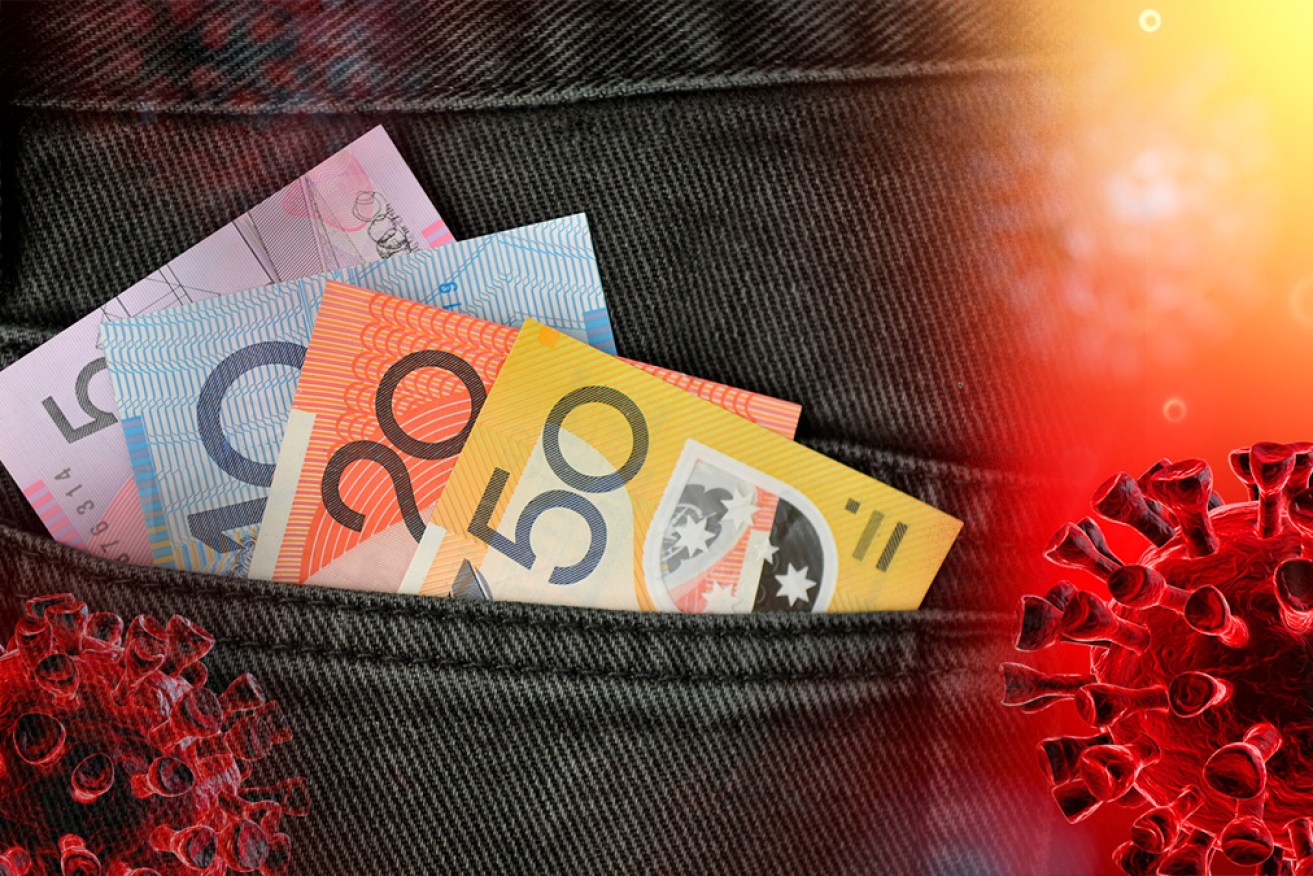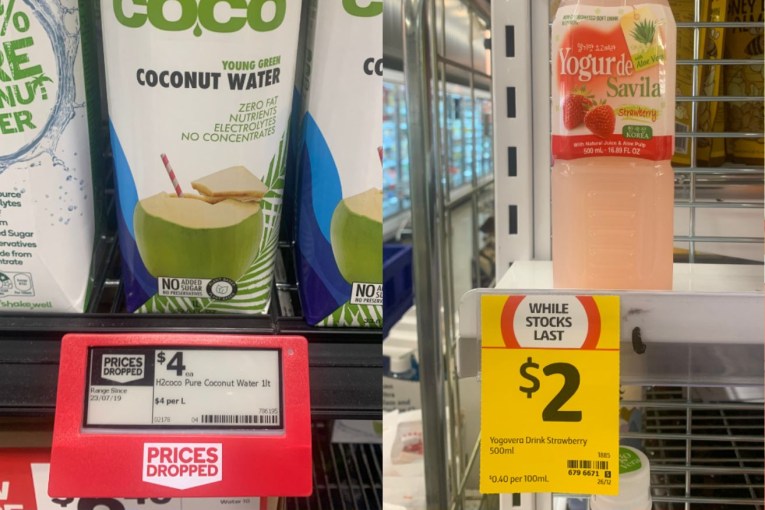How the pandemic will affect spending in five key areas


Spending on food and health is on the up. Photo: TND
Consumers are cutting back on discretionary spending as we enter what the government has described as an economic “hibernation”.
Demand for transport, live events and dining out naturally fell off a cliff after the government introduced strict social distancing measures.
Australians instead stocked up on groceries and loo paper in response to fears the pandemic could shut down crucial supply chains.
But data from ANZ suggests the panic-buying has eased somewhat – with year-on-year growth in grocery and toilet paper spending for the week ending March 27 coming in at 46 per cent, down from 80 per cent the week before.
And economists at the bank have found the switch to working from home has led to a spike in demand for office equipment and goods designed to ward off boredom.
“To date, changes in household spending through our ANZ-observed data have included strong growth in groceries, lower demand for clothing, jewellery and beauty services, and a shift away from entertainment and sporting clubs to recreation goods and sporting equipment,” ANZ economists Adelaide Timbrell and David Plank said.
With that in mind, here’s how the pandemic will affect our spending in five key areas.
Tweet from @Adelaide__T
1. Housing (Less spending)
Auction clearance rates have dropped to their lowest level since 2008, rental evictions have been temporarily banned, and economists are warning of 20 per cent price falls if unemployment hits 10 per cent.
So it’s perhaps unsurprising that ANZ has forecast consumer spending on “rents and other dwelling services” to fall during the lockdown.
Combined with the pause on rental evictions, rising unemployment will lead to more rent reductions and a shift away from higher cost housing, Ms Timbrell and Mr Plank write in their note.
The pandemic could lead to higher rents over the long term, though.
This is because it could trigger a decline in investment, which leads to fewer available rental properties.
2. Transport (Less spending)
Social distancing measures have dramatically reduced demand for transport services, with Australians told to stay at home as much as possible.
Aside from a few government-sanctioned flights, airlines have been grounded – meaning spending on air travel is virtually zero.
And Ms Timbrell and Mr Plank said the coming recession would also weigh on car sales, which have now been falling for the past two years.
One factor slightly offsetting the downside pressure is increased car usage as people seek to avoid public transport. (Car-sharing platform Car Next Door last month revealed that demand for its service was up 70 per cent on the year before.)
But this trend is unlikely to be strong enough to stop spending on transport from falling.
Tweet from @Adelaide__T
3. Recreation and culture (Less spending)
The arts and music sector has attempted to compensate for widespread cancellations with live-streams of concerts and DJ sets – spending that has already shown up in ANZ data.
But the digitisation of these performances will not offset the large falls in spending as a result of the virus lockdown.
ANZ notes, too, that these sectors will take a while to recover, as unemployment and loss of income “leads to lower demand for digital recreation and culture”.
4. Food (More spending)
Spending on groceries is expected to jump significantly during the lockdown.
This is not only because uncertainty has encouraged households to stockpile goods, but also because falling incomes will see a shift from dining out to cooking at home.
5. Health (More spending)
Ms Timbrell and Mr Plank predict the pandemic will also boost healthcare spending.
Although social distancing will reduce demand for in-person treatments and elective surgeries, the spread of COVID-19 will offset these falls.
And the fear of falling ill will encourage people to “more proactively engage with the health system”.
How COVID-19 will affect spending in other sectors
- Will decrease spending in: Insurance and financial services; Hotels, cafes and restaurants; Education and Fashion
- Will increase spending in: Utilities and communication; and Household goods.








